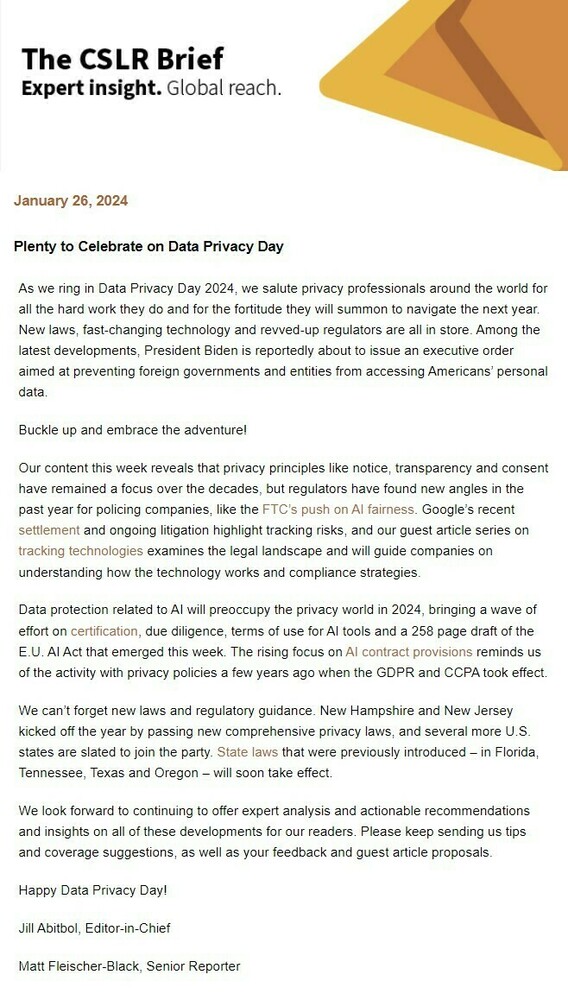The privilege attached to a conversation an executive has with in-house counsel is not always as clear as the privilege that attaches when an executive calls an outside attorney. Reasons include that the in-house counsel may have both legal and non-legal duties; communications may concern both legal and non-legal matters; and unnecessary persons may be party to the communications. A recent program featuring Dechert partner Christopher S. Ruhland explored the nuances of attorney-client privilege as it relates to communications with in-house counsel and debunked three common myths about the availability of privilege. See also our three-part series on protecting attorney-client privilege and attorney work product while cooperating with the government: “Establishing Privilege and Work Product in an Investigation” (Feb. 8, 2017); “Strategies to Minimize Risks During Cooperation” (Feb. 22, 2017); and “Implications for Collateral Litigation” (Mar. 8, 2017).



